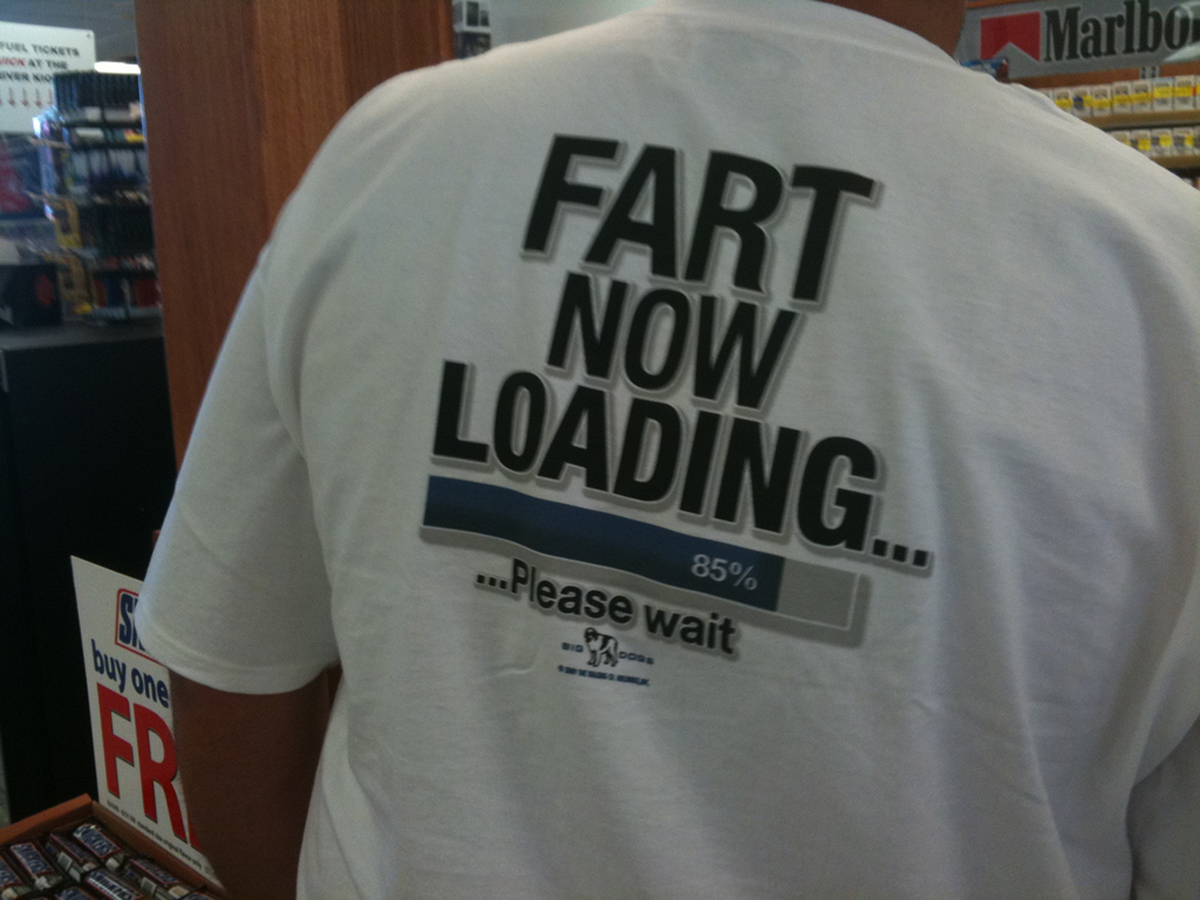Table of Contents
Flatulence, passing wind, passing gas, "flatus", or simply farts: we all know what they sound like and what they smell like. What are they, though? Why do certain foods cause flatulence, how much gas is too much, and what can you do if you think you are dealing with excessive flatulence?
Why We Fart
Everyone farts. The British NHS says we pass wind an average of 15 times over a 24 hour period, something that amounts to about 600 ml worth of gas. Because not all farts have the same composition, not all of them smell. And because we often pass wind while we're asleep, we may not even be aware that we're doing it.

Why do we fart? There are two reasons:
- The air we swallow when we eat, drink (especially carbonated beverages), or even just swallow saliva has got to come out somehow. If you don't burp, you'll fart. Smoking, chewing gum, not chewing your food properly or having ill-fitting dentures can lead to an excessive ingestion of air.
- Your digestive system is home to over 700 different species of bacteria. These bacteria are pretty essential within the human digestive system, and they'll process the foods we can't. Like us, they produce byproducts when they digest foods. In their case, it's gas — which, once again, has to come out.
The average fat willl contain nitrogen, hydrogen, carbon dioxide and oxygen, in varying degrees. They can also contain compounds that cause your gas to smell, notably hydrogen sulfide gas, the same stuff that makes rotten eggs smell terrible, a bit of ammonia, and tiny particles of feces.
Why Do Some Foods Make You Fart?
Can You Reduce The Flatulence Caused By 'Gassy Foods'?
- Photo courtesy of ToddMcCann via Flickr: www.flickr.com/photos/toddmccann/7490208296
- Photo courtesy of Cornish Cactus via Flickr: www.flickr.com/photos/110342926@N07/14173678102


Your thoughts on this